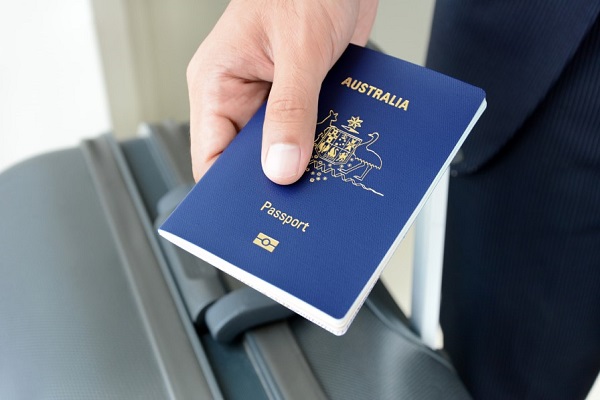Consultation on proposed new individual tax residency rules

The government is currently seeking feedback on design features of the Board of Taxation’s proposed model to modernise individual tax residency rules that were initially contained in the Board’s 2019 report. The new framework was designed to simplify the tax system and reduce compliance costs for individuals and employers. The model that the Board of Taxation proposed consists of a two step approach of primary tests and secondary tests.
Duplicate the above container for more 2 column sections OR Duplicate the below container for 1 column text only sections. (DON’T FORGET TO DELETE THIS CONTAINER)
183 day bright line test
Apart from the government official test which would replace the Commonwealth superannuation test, the main primary “bright line” test will be the 183-day test, under which a person who is physically present in Australia for 183 days or more in any income year would be considered an Australian tax resident.
Secondary tests
Those individuals who do not meet the primary test would need to consider the secondary tests by applying the commencing residency test to determine whether they became a tax resident during the current income year.
In addition, individuals who were tax residents in the previous income year would need to apply one of three rules under the ceasing residency test to determine whether they have ceased being a tax resident in the current income year.
Currently, one of the secondary tests proposed by the Board would require an individual to be physically present in Australia for a minimum of 45 days in an income year before commencing residency, or a maximum of 45 days in an income year before ceasing residency.
However, due to various global factors (e.g. the COVID-19 pandemic), the government is seeking views on whether this 45 day threshold is still appropriate and whether there are any circumstances where days spent in Australia should be disregarded for this threshold.
Factor tests
In addition to the 45 day threshold, the Board’s secondary test also includes the factor test, which focuses on a limited number of four specific connections an individual may have to Australia. Any individual who meets any of the four factors will be deemed to have a stronger connection to Australia than someone who does not.
The four factors are:
- right to reside permanently in Australia – this includes both citizenship and permanent residency;
- having an Australian family – an individual would meet this factor if their spouse or any of their children under the age of 18 lived in Australia on an ongoing basis at any time during the income year. It does not include other family relationships such as parents of adult children, adult siblings or grandchildren;
- having Australian residential accommodation – this includes a licence to occupy accommodation and property owned by an individual who moved overseas but retained access to the property regardless of whether there is an intention to sell or rent it. It would generally exclude a mere expectation of living with a parent or relative when visiting Australia for short periods of time; however, notwithstanding the absence of a legal right to accommodation, an individual could still meet the factor if the nature of the arrangement was such that accommodation was available to them. Properties that are owned but rented out for the entire income year will be excluded; and
- having Australian economic interests – this includes employment in Australia, active participation in the carrying on of a business in Australia, and having direct or indirect interest in Australian asset. It also includes receiving Australian social security payments in the preceding income year.
Consultation
As a part of the consultation process, the government is seeking comments on:
- whether any of the four factors should be defined differently;
- whether there are other factors better suited to identifying individuals strongly connected to Australia; and
- whether any additional factors should be included.
The eagerly awaited outcome of the consultation will inform the government’s decision on whether to proceed with the proposed changes to the individual tax residency rules.
The closing date for submissions is 22 September 2023.
Disclaimer: The information on this page is for general information purposes only and is not specific to any particular person or situation. There are many factors that may affect your particular circumstances. We advise that you contact Mathews Tax Lawyers before making any decisions.
